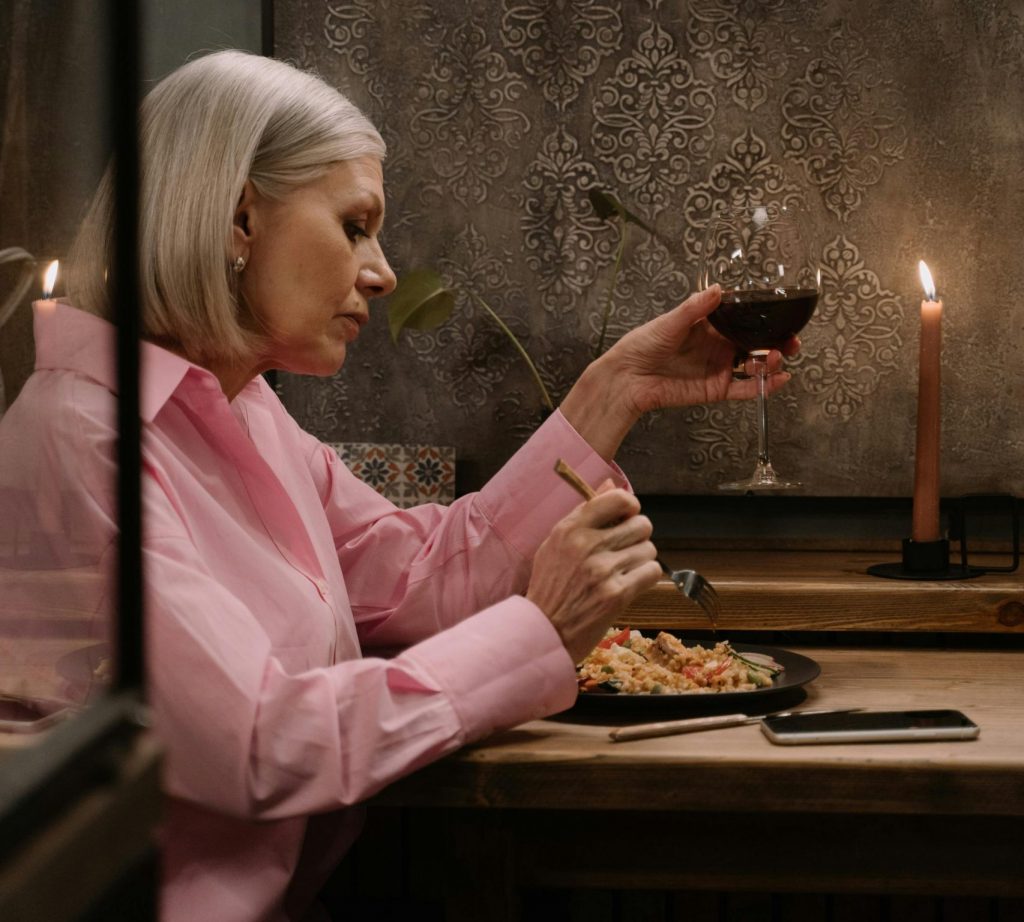Dealing With Loneliness and Disordered Eating During the Holidays
The holiday season can be a time of joy, but for many Canadians, it also brings loneliness and emotional eating. Understanding these challenges within the unique Canadian context can help us navigate the season with empathy and practical strategies.
Statistics and Trends in Canada
Loneliness and emotional eating during the holiday season are prevalent concerns. Here are some key statistics:
- 34% of Canadians report feelings of loneliness and depression during the holidays.
- Among young adults aged 18–34, 54% experience heightened loneliness.
- In Ontario, 40% of residents report negative emotions during the holiday season, the highest in any province.
While specific data on emotional eating in Canada is limited, research highlights a clear correlation between stress, loneliness, and disordered eating patterns.

Psychological Insights
The Canadian experience of loneliness and emotional eating during the holidays is shaped by various factors:
Seasonal Affective Disorder (SAD)
Canada’s long, dark winter months exacerbate depression, making feelings of isolation more acute during the holidays.
Cultural Expectations
The pressure to embody “holiday cheer” can leave those feeling lonely or isolated experiencing deeper disconnection.
Financial Stress
Economic challenges impact emotional well-being, with 44% of Canadians earning under $50,000 annually reporting increased sadness during the holidays.
The Lingering Impact of COVID-19
The pandemic has amplified feelings of isolation, particularly among Canadian youth, many of whom report a decline in mental health.
 Coping Strategies and Interventions
Coping Strategies and Interventions
If you’re managing loneliness or emotional eating during the holidays, these strategies can help:
Maintain Healthy Routines
Stick to regular exercise and balanced meals to stabilize mood and energy, even during busy holiday schedules.
Set Boundaries
Be mindful of your limits. Say “no” to activities that increase stress, and address your emotional and physical needs (e.g., hunger, anger, loneliness, or tiredness).
Prioritize Self-Care
Incorporate small acts of self-care, such as walking, listening to music, or journaling, to support emotional well-being.
Foster Social Connections
Combat loneliness through meaningful interactions, whether through video calls, small gatherings, or volunteering.

Cultural and Social Factors in Canada
Canadian cultural and social dynamics can exacerbate feelings of loneliness and emotional eating:
- Media Portrayals: Idealized images of family gatherings can amplify feelings of inadequacy.
- The Pandemic’s Legacy: Social isolation during COVID-19 left lasting effects, with many Canadians now rebuilding connections.
- Food-Centric Celebrations: Canadian holiday traditions often center on rich, indulgent foods, posing challenges for those struggling with emotional eating.
Expert Recommendations and Canadian Resources
To support Canadians dealing with these challenges:
Mental Health Support
- Good2Talk: A free, confidential support service for post-secondary students in Ontario
- Phone: 1-866-925-5454
- Text: GOOD2TALKON to 686868
- Suicide Crisis Helpline: Dial 988 for immediate support or 1-844-437-3247 in Waterloo-Wellington.
- Crisis Text Line powered by Kids Help Phone: Text (Connect)
- For University of Guelph students, text “UofG” to 686868 to chat with a trained volunteer crisis responder
Disordered Eating Support
- Dietitians of Canada: Find local experts who can assist with eating issues.
- Website: https://www.dietitians.ca/
- NEDIC (National Eating Disorder Information Centre): Resources for support related to eating disorders and emotional eating
- Helpline: 1-866-633-4220
- Live chat: https://nedic.ca
- CMHA Waterloo-Wellington Eating Disorders Program: Provides evidence-based eating disorders treatment for youth/families and adults
- Access through Here 24/7: 1-844-437-3247
Community Programs
- Access the CMHA Waterloo-Wellington Eating Disorders Program: Call 1-844-437-3247 for intake support.
- Hope for Wellness Help Line: Offers immediate help to all Indigenous peoples across Canada
- Phone: 1-855-242-3310
- Online chat: https://www.hopeforwellness.ca/
Final Thoughts
The holiday season can bring unique challenges for Canadians, from loneliness to emotional eating. By leveraging free resources, adopting mindful habits, and fostering social connections, you can approach this time with greater resilience.
As a therapist based in Guelph, Ontario, I encourage you to view feelings of loneliness and stress not as personal failures, but as opportunities for growth and connection. Remember, you are not alone, and help is always available.

 Coping Strategies and Interventions
Coping Strategies and Interventions

